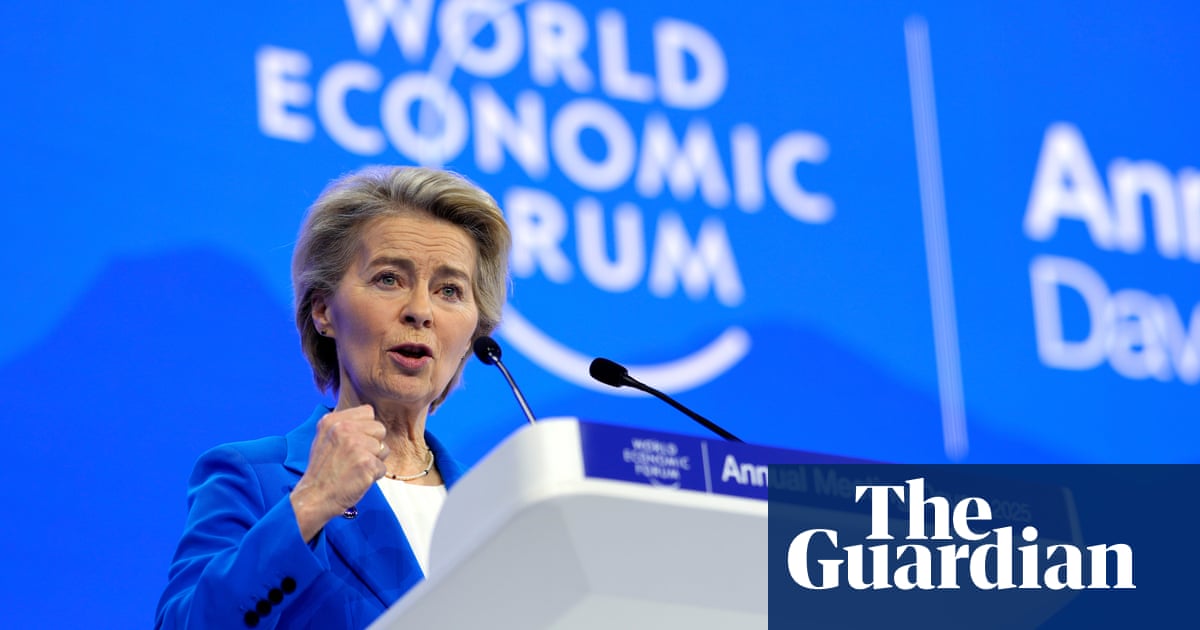As Labour’s electoral honeymoon slips into distant-memory territory and Keir Starmer attempts to reboot his premiership, the party and its leader might find a southward glance instructive.
For the past six years, the Spanish Socialist Workers’ party (PSOE), led by the prime minister, Pedro Sánchez, has defied expectations by remaining in power during some of the most turbulent times in recent Spanish and European history, making it a rare bulwark of social democracy in an increasingly right-leaning continent.
What’s more, as the Economist recently noted, Spain now looks to be the best-performing rich-world economy of 2024, according to measures such as GDP growth, unemployment and the performance of the stock market.
The key to the socialists’ unlikely longevity in government is their leader, who is justifiably known as the great survivor of Spanish politics. After being defenestrated by his party in 2016, Sánchez returned as leader the following year and, in 2018, became prime minister after using an audacious vote of no-confidence to topple the scandal-mired conservative government of his People’s party (PP) predecessor, Mariano Rajoy. Not for nothing did he call his 2019 memoir Manual de resistencia (Resistance Manual).
Since then, Sánchez has seen off another PP leader, watched the rapid death of the centre-right Citizens party, the equally rapid growth of the far-right Vox party, and the slow decline of his erstwhile partners in Podemos, which sprang from the anti-austerity indignados movement.
As well as a purring economy, the PSOE and its coalition partners – first Podemos and now the leftwing Sumar alliance – can claim credit for a roll-call of eye-catching policies over the past few years, including labour reforms, the introduction of menstrual leave and the updating of abortion legislation, a euthanasia law, and a minimum basic income scheme.
There have also been measures to cap rent prices and crack down on tourist flats, and a landmark law that recognises food-delivery riders for the likes of Glovo and Just Eat, as employees rather than self-employed workers.
However, not everything the Sánchez government has done has proved overwhelmingly popular. As the years have gone by, the socialist-led coalition has bodged important legislation and Sánchez has been accused of clinging to power at any cost.

In April, the prime minister apologised to victims for a loophole in the so-called only yes means yes law that was intended to toughen penalties for sexual crimes but which has allowed some convicted offenders to have their sentences reduced.
But in the eyes of Sánchez’s many enemies and critics – and, indeed, in those of a large chunk of his own supporters – the greatest betrayal of all came last year when the prime minister’s famed pragmatism and resistance reached new heights.
Having narrowly lost July’s snap election to the PP – which subsequently proved unable to muster the necessary support to form a government, even with Vox’s help – Sánchez took another of his renowned gambles.
after newsletter promotion
Knowing that his only way to remain in office was to enlist the support of the two main Catalan pro-independence parties, Sánchez yielded to their demands for an amnesty for all those involved in the failed secession attempt seven years ago in return for their help.
Although the move paid off and Sánchez was reinvested as prime minister in November last year, the strategy infuriated many people, who accused him of naked self-interest and craven capitulation.
“You are the problem,” the PP leader, Alberto Núñez Feijóo, told Sánchez. “You and your inability to keep your word, your lack of moral limits, your pathological ambition … History will have no amnesty for you.”
Since then, the prime minister has found himself at the mercy of his new allies as he tries to get his 2025 budget approved, and seen his administration – not to mention his own wife – facing corruption allegations. While Sánchez insists his wife is innocent and the victim of a smear campaign waged by his political and media enemies, much of the political shine of six years ago has been tarnished.
Despite some very different circumstances, the case of Sánchez offers Starmer and other leaders a valuable lesson: resistance may not be futile, but it is often costly.

 4 weeks ago
21
4 weeks ago
21













































